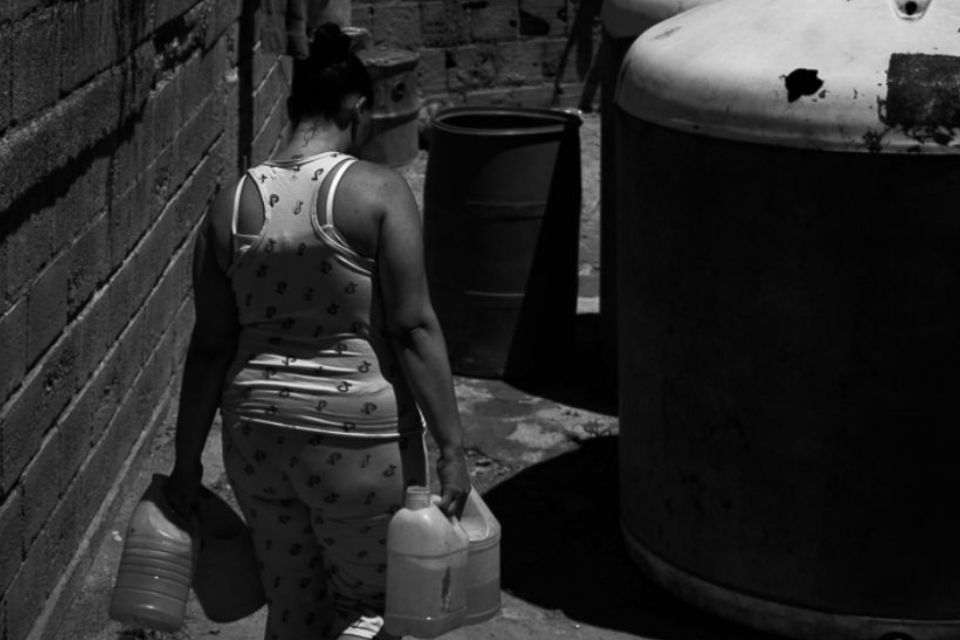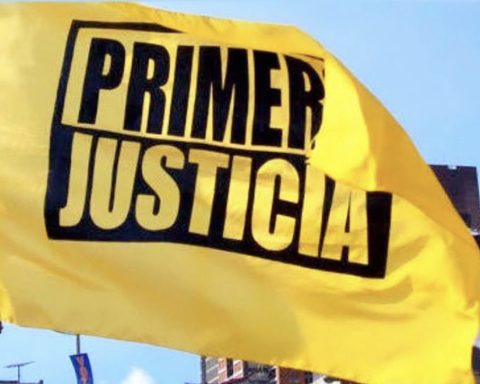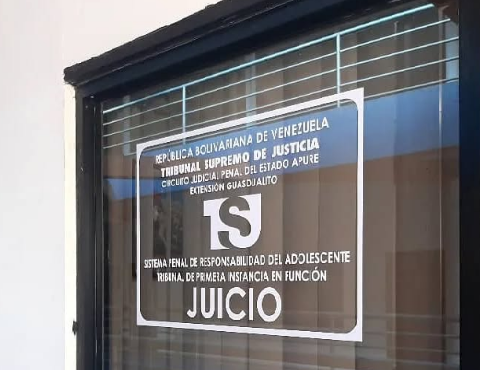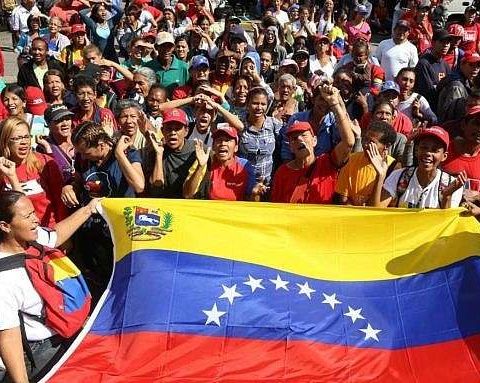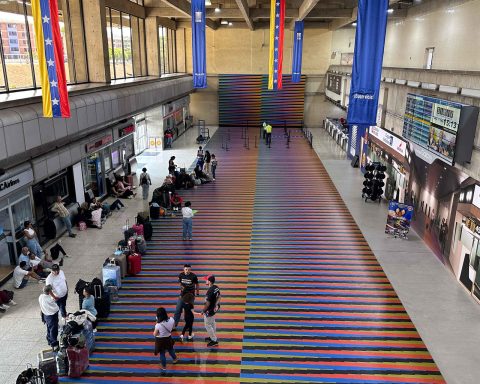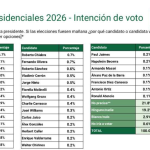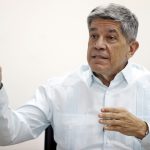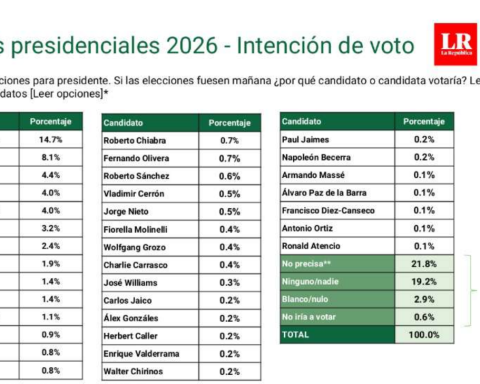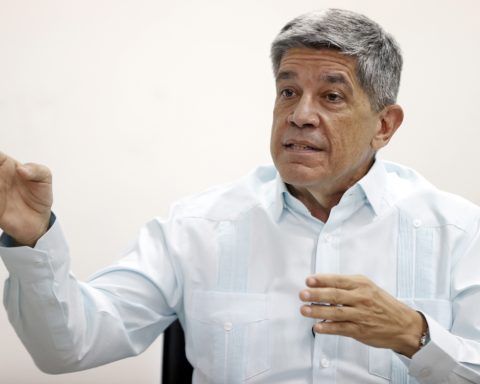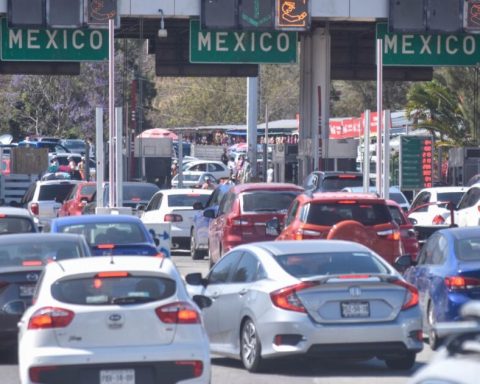In the state of Apure, merchants started up their power plants to be able to work, after a major blackout that began in the early hours of August 30. However, they assured that this could also cause losses to businesses because they have to buy gasoline at high prices to be able to transport the merchandise.
Lenys Martinez / Radio Faith and Joy
The nationwide blackout that occurred throughout Venezuela in the early hours of Friday, August 30, not only brought with it delays and difficulties due to the lack of electricity, but also impacts on the distribution of water in several regions of the country.
In the case of Guasdualito, in the state of Apure, merchants started up their power plants to be able to work. However, they assured that this could also cause losses to businesses because they have to buy gasoline at high prices to be able to transport the merchandise.
The situation was also one of uncertainty for butcher shop owners, who did not have power plants to refrigerate the proteins, while people who work in hair salons also had a difficult time because most of their work requires electricity.
“I can’t use the hairdryer and that affects us because we can’t work. They told us it’s a national blackout. We’re without electricity and I don’t have a plant. I’m a single mother of six children,” said a hairdresser to Radio Faith and Joy News.
If there is no electricity, there is no water
On the other hand, the situation of the electrical fault It affects the distribution of water in many regions of the country because some systems operate with pumps that require electricity to function.
Luz Páez, who lives in the La Manga del Río neighborhood, expressed her concern that she wants electricity to return soon, since they need drinking water service and If there is no light, then there is no water either..
“There are many children and we need water. If there is no water we have to go to the river and that is very far away. This is an emergency because we need water to cook for the children,” she said.
Several users on the social network X also expressed a similar situation to the one they are experiencing in Guasdualito, not only with the power plants and the ability to work, but also that many were left without water after the systems’ pumping did not run properly.
When the national blackout occurred on March 7, 2019, at least in the city of Caracas, the Tuy I, II and III systems stopped pumping water and were reactivated a week after the power failure.
Post Views: 325
